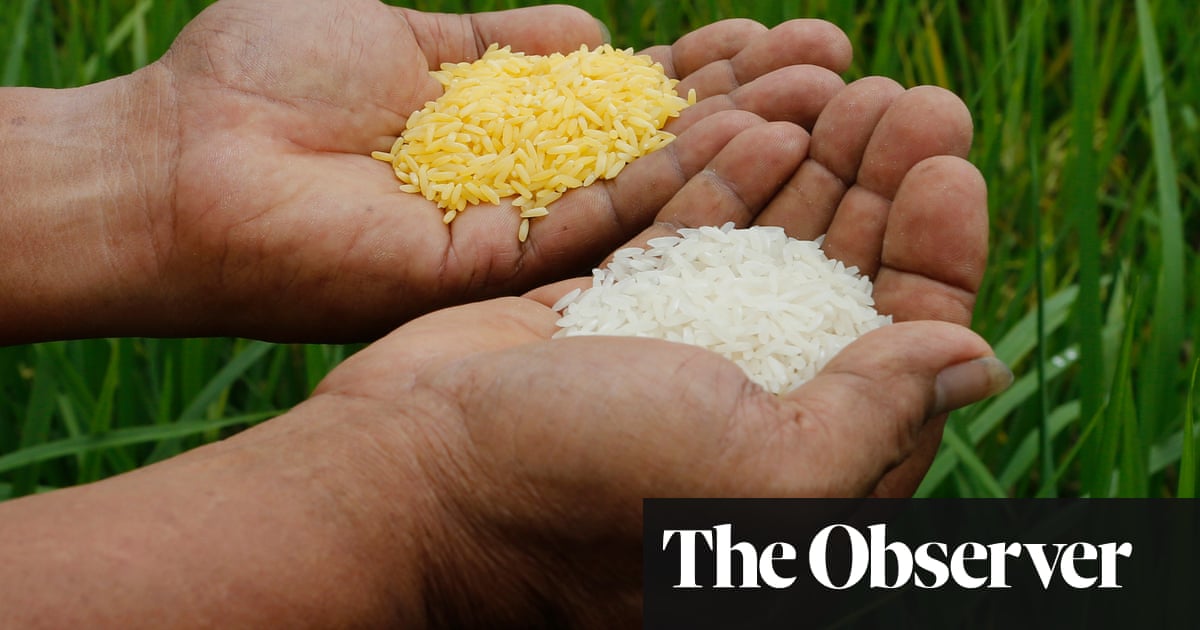- cross-posted to:
- news
- cross-posted to:
- news
Thousands of children could die after court backs campaign group over GM crop in Philippines, scientists warn
Scientists have warned that a court decision to block the growing of the genetically modified (GM) crop Golden Rice in the Philippines could have catastrophic consequences. Tens of thousands of children could die in the wake of the ruling, they argue.
The Philippines had become the first country – in 2021 – to approve the commercial cultivation of Golden Rice, which was developed to combat vitamin A deficiency, a major cause of disability and death among children in many parts of the world.
But campaigns by Greenpeace and local farmers last month persuaded the country’s court of appeal to overturn that approval and to revoke this. The groups had argued that Golden Rice had not been shown to be safe and the claim was backed by the court, a decision that was hailed as “a monumental win” by Greenpeace.
Many scientists, however, say there is no evidence that Golden Rice is in any way dangerous. More to the point, they argue that it is a lifesaver.



We have been modifying crops by cross breeding and selective breeding since we started growing and harvesting crops, this is not the same as GMO. GMO is not bad in so far as a food source that can overcome environmental changes quickly. GMO is bad when it can pollinate non GMO crops thereby stealing a traditional farmers ability to replant from their seeds as they now have a trademarked gene that they cannot use. Monsanto is terrible for this.
And you won’t be able to provide a single case of this ever happening. Because it hasn’t.
Also, just as importantly, this is not limited to GMO, as you can patent traditionally modified crops as well, and they could pollinate non modified crops posing the same exact “problem.”